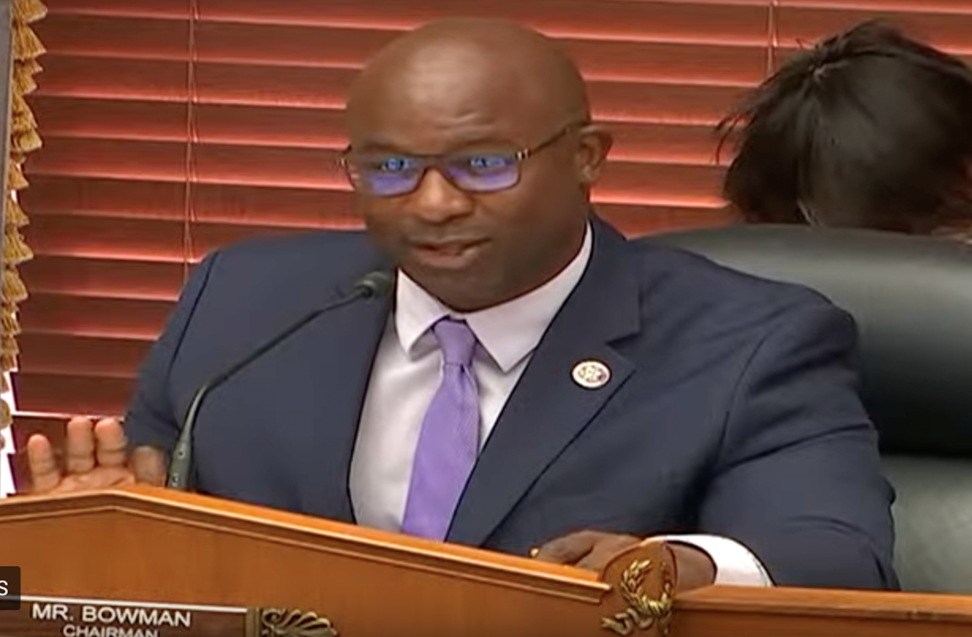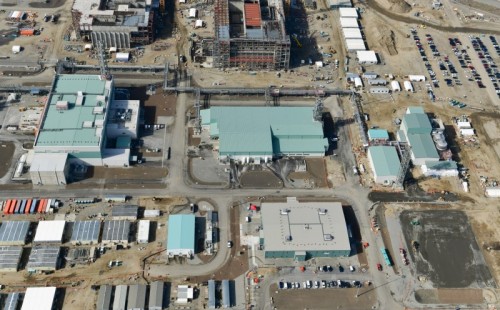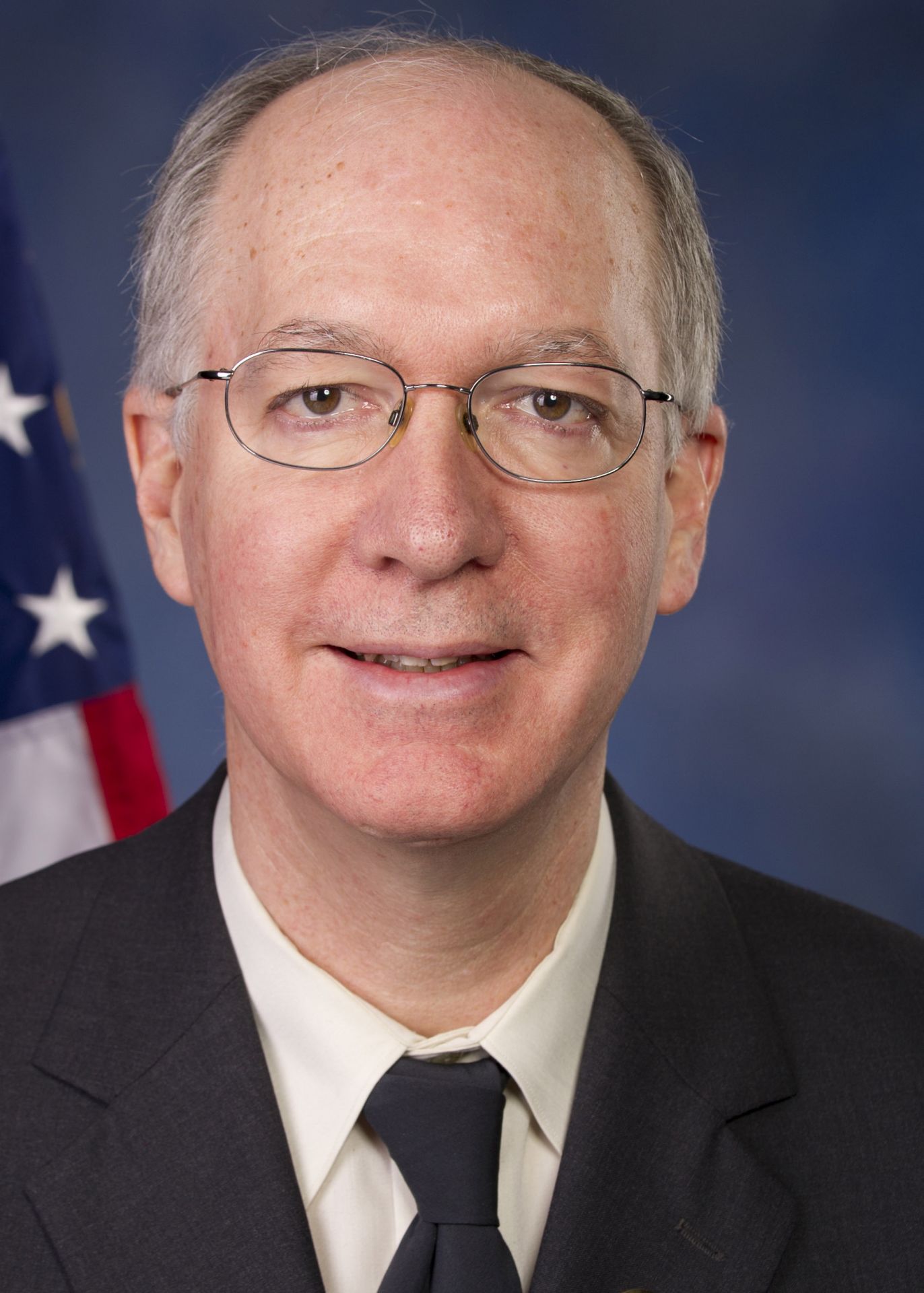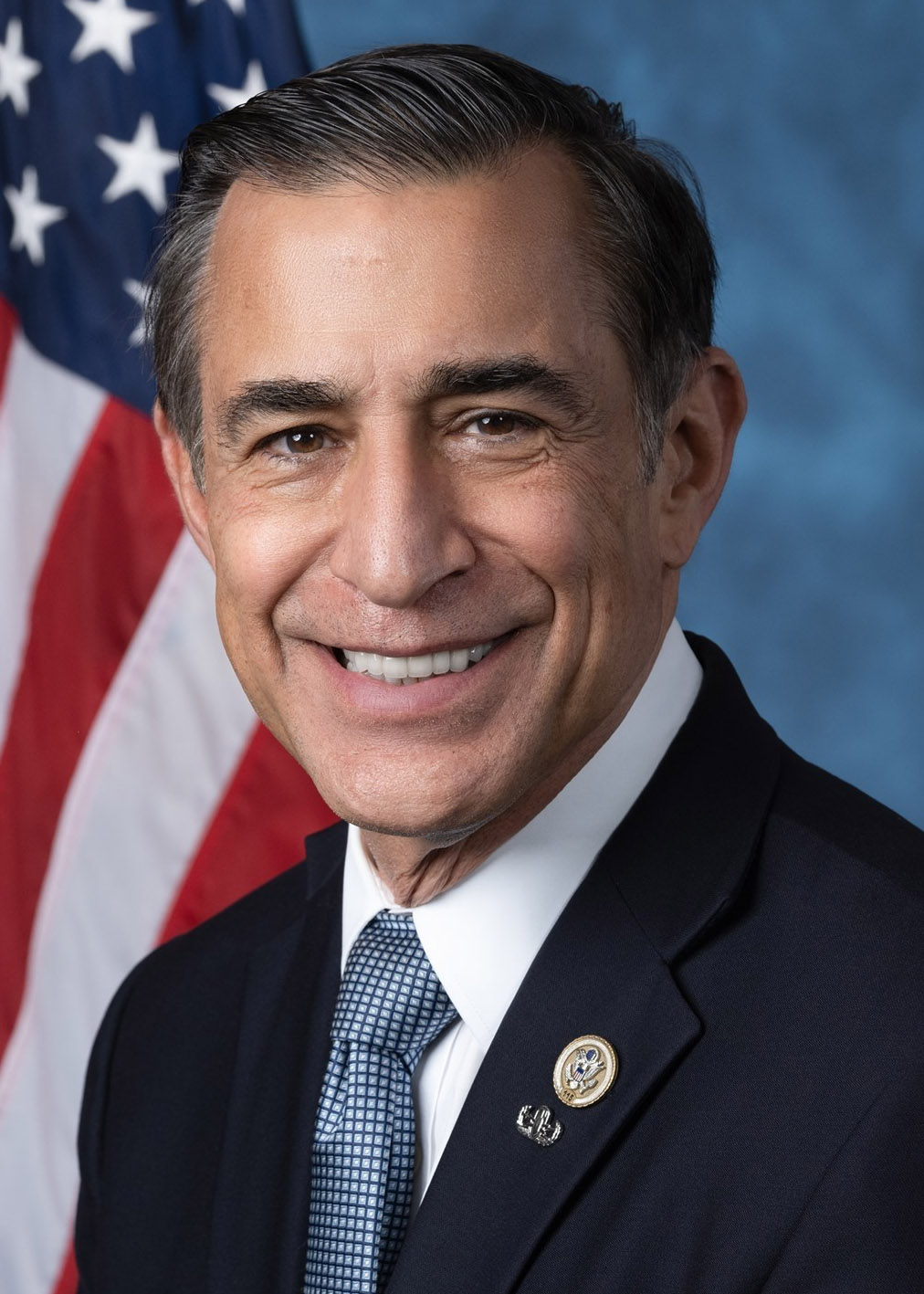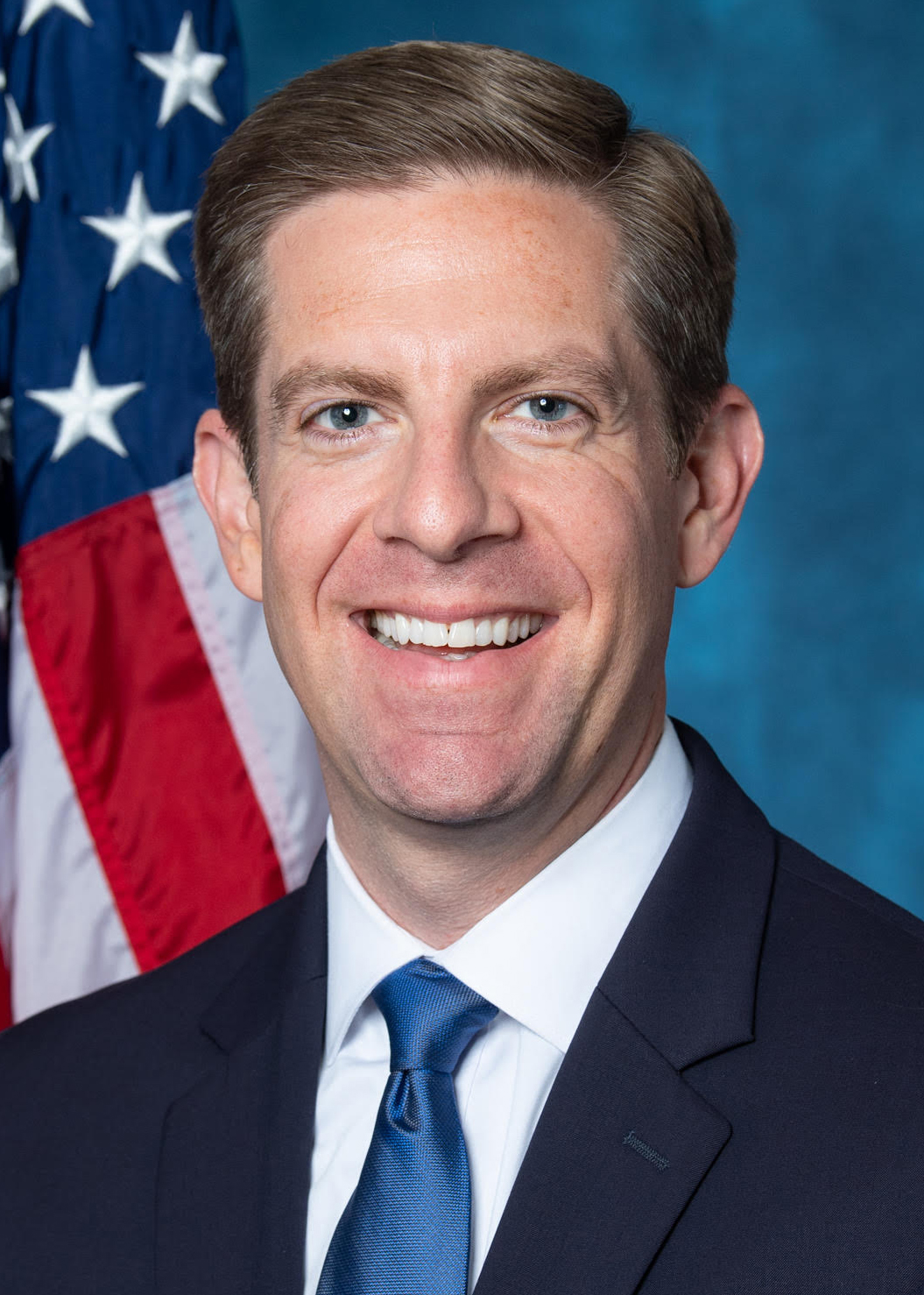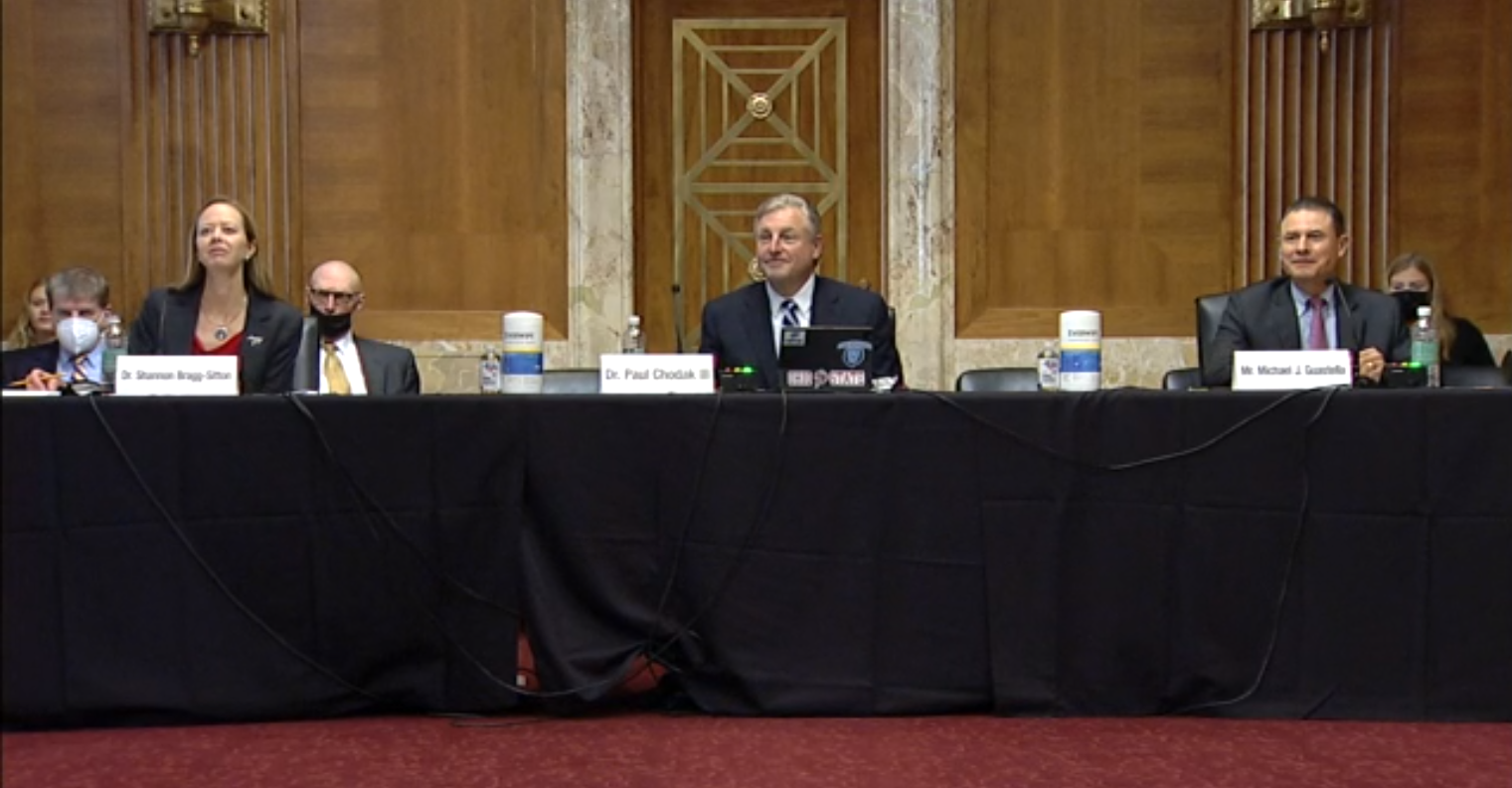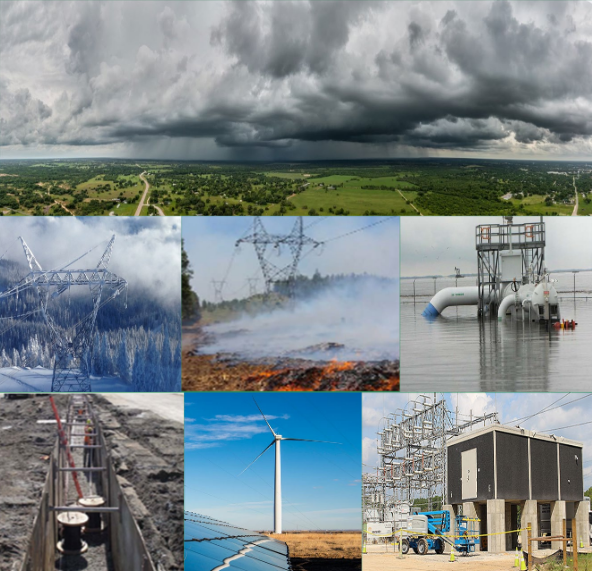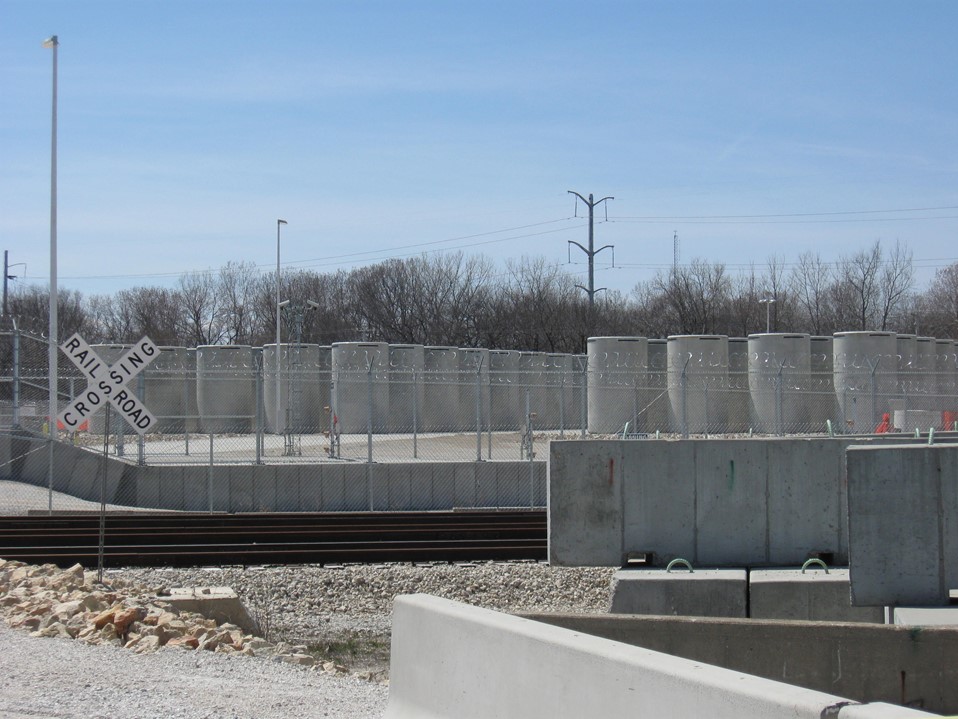A rendering of the Versatile Test Reactor site. Image: INL
LA GRANGE PARK, Illinois – Idaho National Laboratory’s crucial Versatile Test Reactor (VTR) project is the focus of a newly released special issue of Nuclear Science and Engineering, the first and oldest peer-reviewed journal in its field. This special issue of the American Nuclear Society’s flagship journal presents a current snapshot of the nuclear innovation project at INL, which is being developed in partnership among six national labs and a host of industry and university partners.
HALEU in the form of 1.5–3 kg reguli ready for fuel fabrication. (Photo: INL)
Those who welcomed the $700 million earmarked for high-assay low-enriched uranium (HALEU) supply in the Inflation Reduction Act of 2022 (IRA) in August have cause to celebrate again. The White House sent a supplemental appropriation request to Congress on September 2 that would provide more than double the IRA funds if passed—$1.5 billion—for the Department of Energy’s Office of Nuclear Energy to build a reliable supply of both low-enriched uranium for existing U.S. nuclear power plants and HALEU for the advanced reactors that will be built within the decade.
Tiara Carrasquillo Pérez (far left) and Matt Hageman (far right) are pictured with five other WISE interns and FMR Gil Brown (center front).
For the first time since 2019, student interns were welcomed to Washington, D.C., for the summer to participate in the Washington Internships for Students of Engineering (WISE) program. Among them were two students sponsored by ANS—Tiara Carrasquillo Pérez and Matt Hageman.
Rep. Jamaal Bowman during a hearing of the House Science, Space, and Technology Subcommittee on Energy.
The House Science, Space, and Technology Subcommittee on Energy held a hearing last week to evaluate the Department of Energy’s approach to research and development on new strategies and technologies to support the nuclear waste cleanup mission of its Office of Environmental Management (EM).
An aerial view of Hanford’s Waste Treatment and Immobilization Plant in 2021. (Photo: Bechtel National)
The U.S. Supreme Court on June 21 struck down a Washington state workers’ compensation law that was designed to make it easier for workers at the Department of Energy’s Hanford Site to receive compensation benefits. The court, by unanimous decision, found that the law violates the U.S. Supremacy Clause and discriminates against the federal government and its contractors.
Located near Richland, Wash., the Hanford Site produced plutonium for the U.S. weapons program for more than 40 years and is currently undergoing a massive radiological cleanup mission involving around 10,000 workers.
From left, Shannon Bragg-Sitton, Paul Chodak, and Michael J. Guastella appear before the Senate Committee on Energy and Natural Resources on November 4.
As Congress awaited key votes yesterday on spending bills that include production tax credits for at-risk plants and a new amendment adding $500 million in supplemental funding over five years to increase the availability of high-assay low-enriched uranium (HALEU), the U.S. Senate Energy and Natural Resources Committee held a Full Committee Hearing On Potential Non-Electric Applications Of Civilian Nuclear Energy. Sen. Joe Manchin (D., W.V.), chairman of the committee, emphasized that “advanced nuclear reactors hold enormous potential to provide opportunity to communities across the country with zero-emission baseload power” and made it clear he expects new reactors to replace retiring coal plants in his home state of West Virginia.
Speaking before the committee were Shannon Bragg-Sitton of Idaho National Laboratory, Paul Chodak III of American Electric Power, and Michael J. Guastella of the Council of Radionuclides and Radiopharmaceuticals.
Spent nuclear fuel in dry storage at the decommissioned Zion nuclear power plant in Illinois.
Congress needs to take action to break the impasse over a permanent solution for commercial spent nuclear fuel, according to a report by the U.S. Government Accountability Office. The GAO recommends that Congress amend the Nuclear Waste Policy Act (NWPA) to authorize a new consent-based siting process, restructure the Nuclear Waste Fund, and direct the Department of Energy to develop and implement an integrated waste management strategy.
The GAO also recommends that the DOE finalize the consent-based process it began in 2015 for siting consolidated interim storage and permanent geologic repository facilities. The DOE agrees with that recommendation.




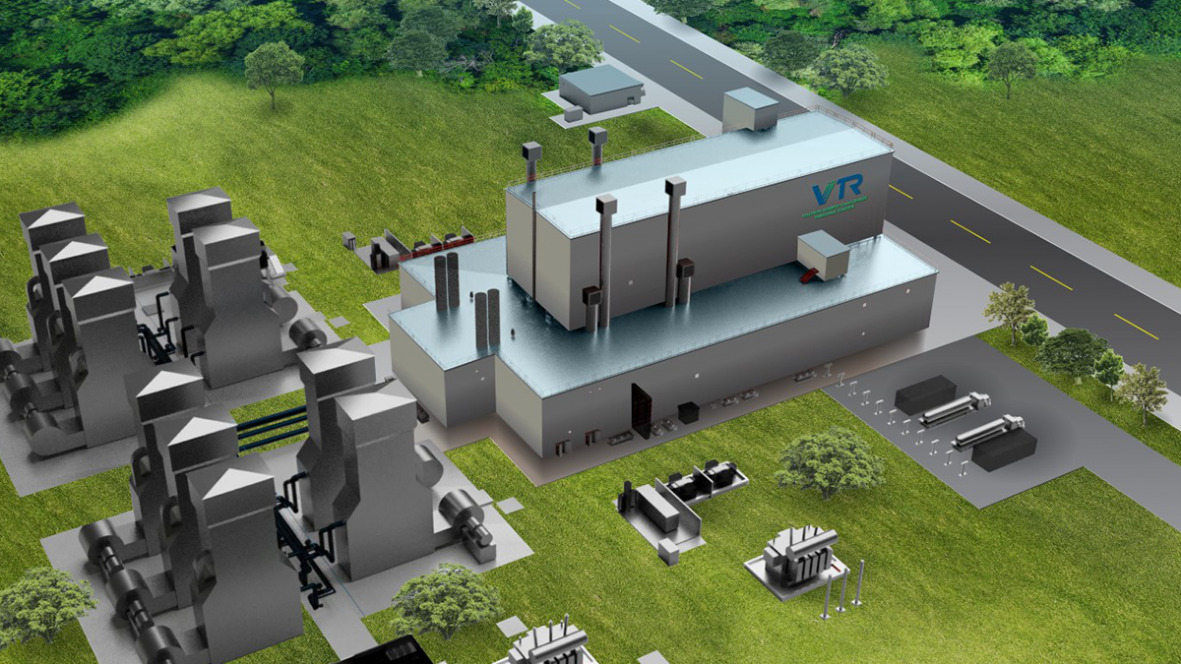

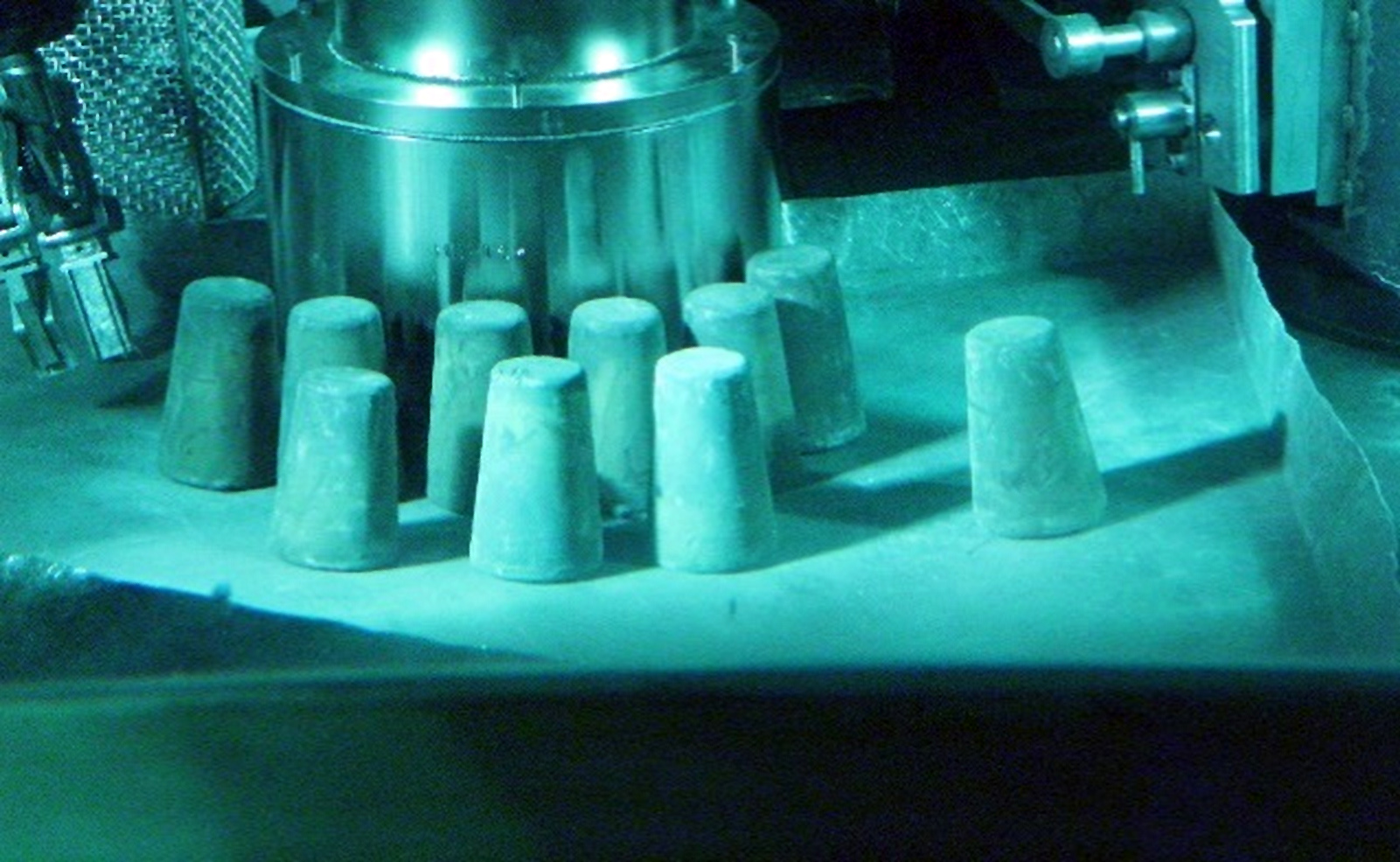

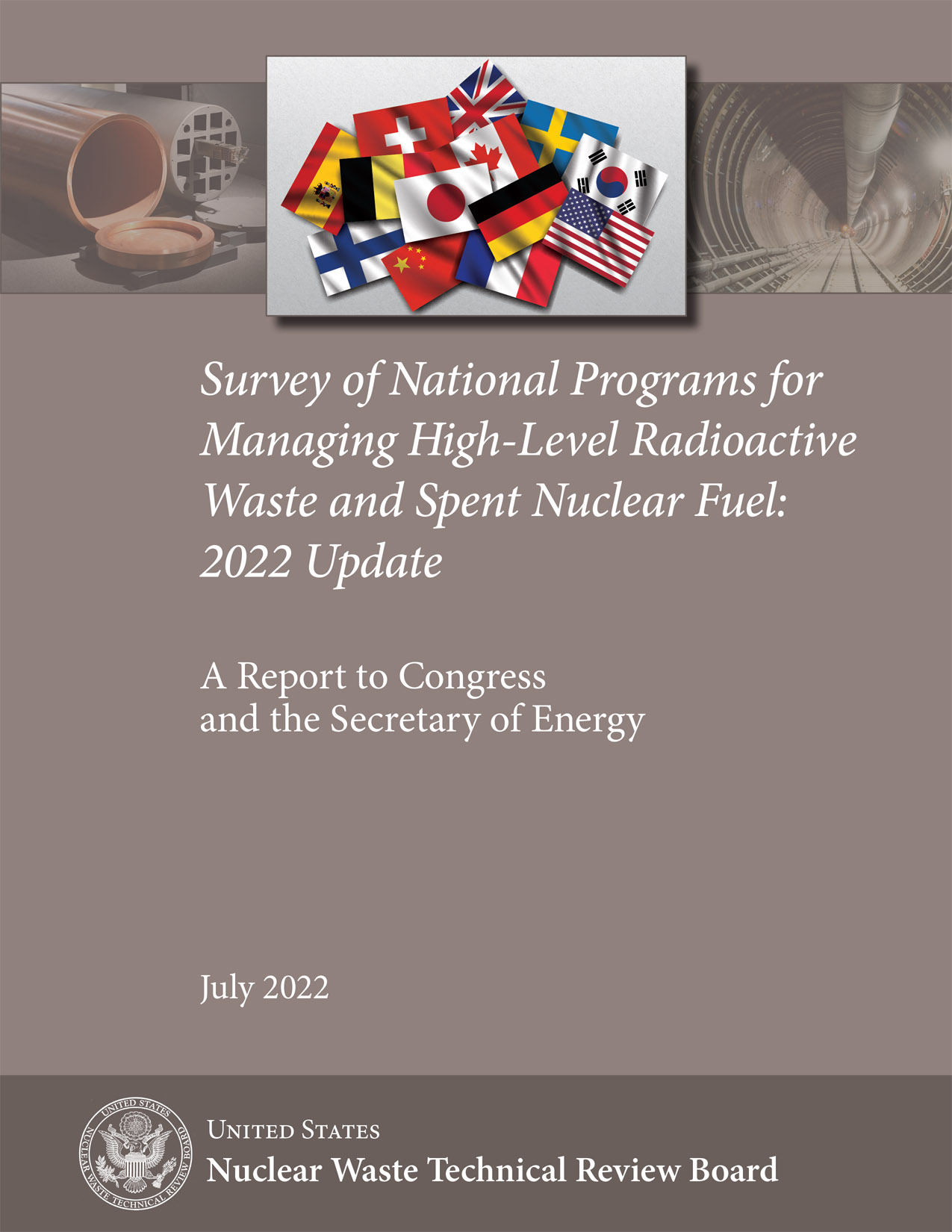 The Nuclear Waste Technical Review Board has issued a report to the U.S. Congress and the secretary of energy examining the programs for managing spent nuclear fuel and high-level radioactive waste in more than a dozen countries.
The Nuclear Waste Technical Review Board has issued a report to the U.S. Congress and the secretary of energy examining the programs for managing spent nuclear fuel and high-level radioactive waste in more than a dozen countries.
